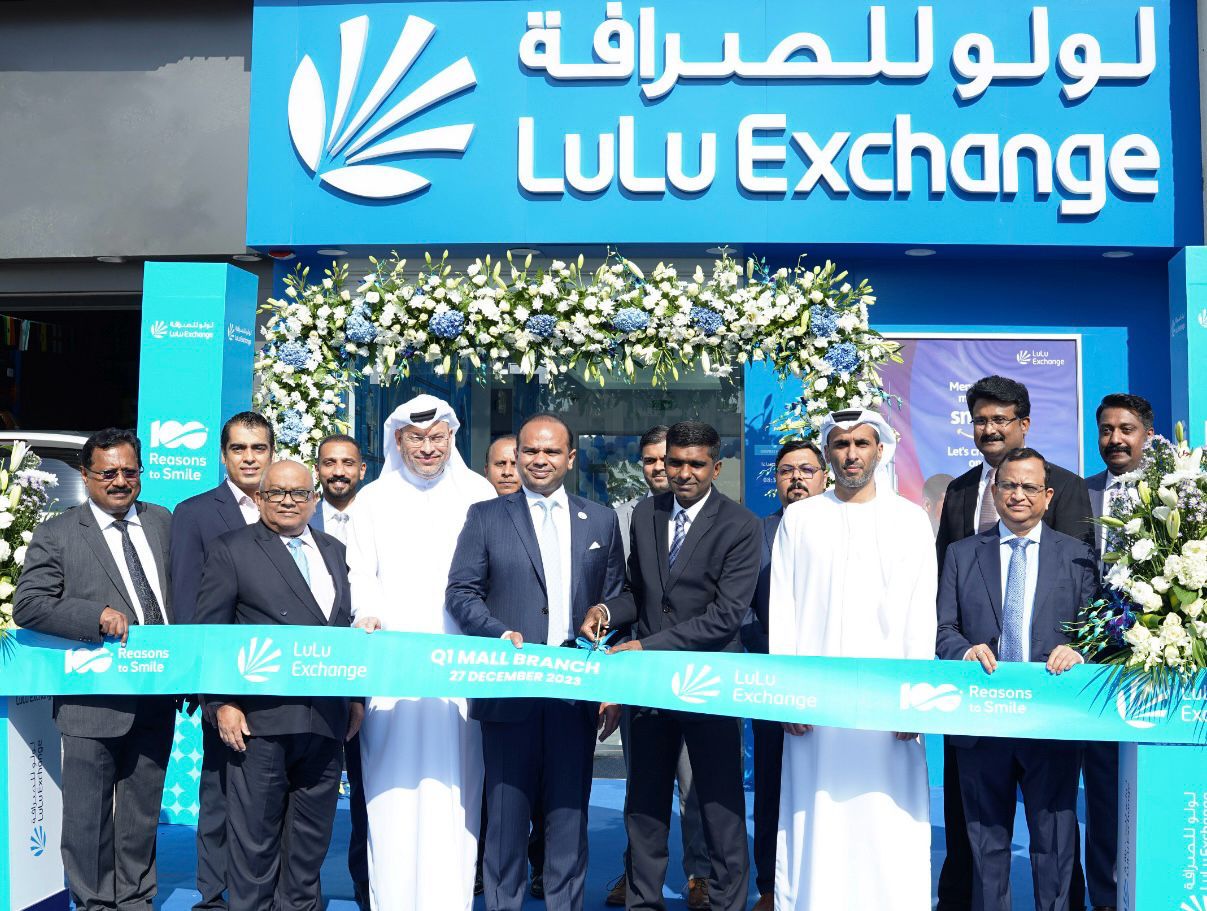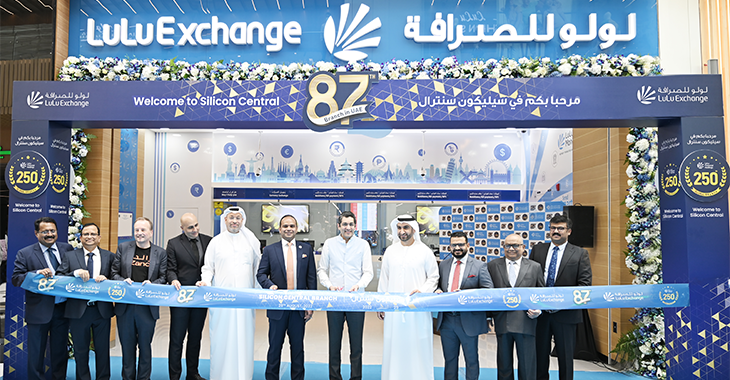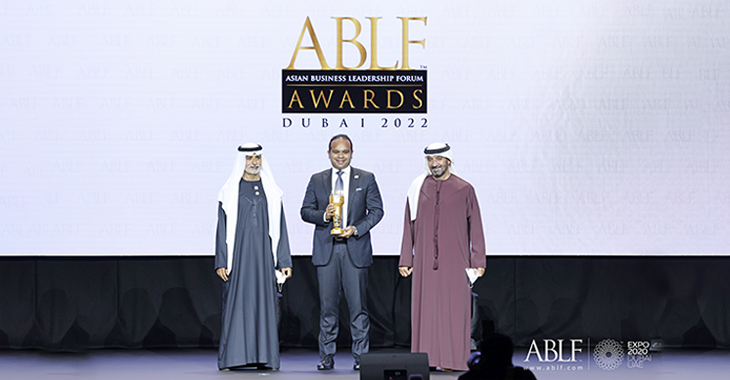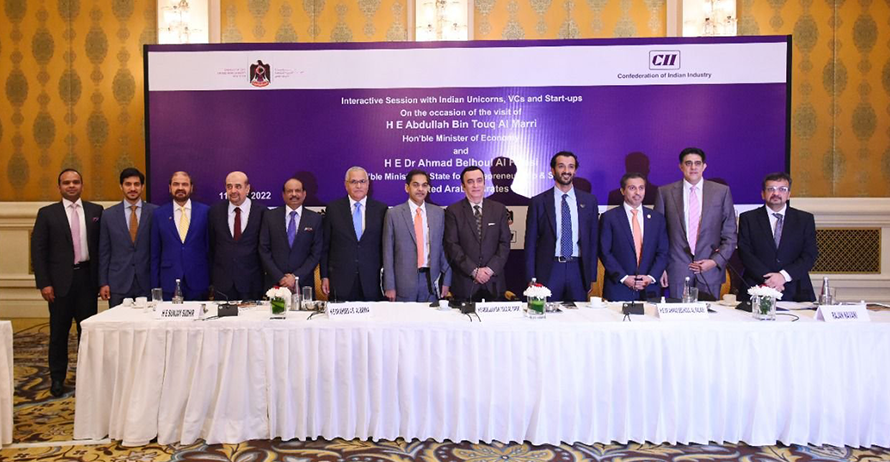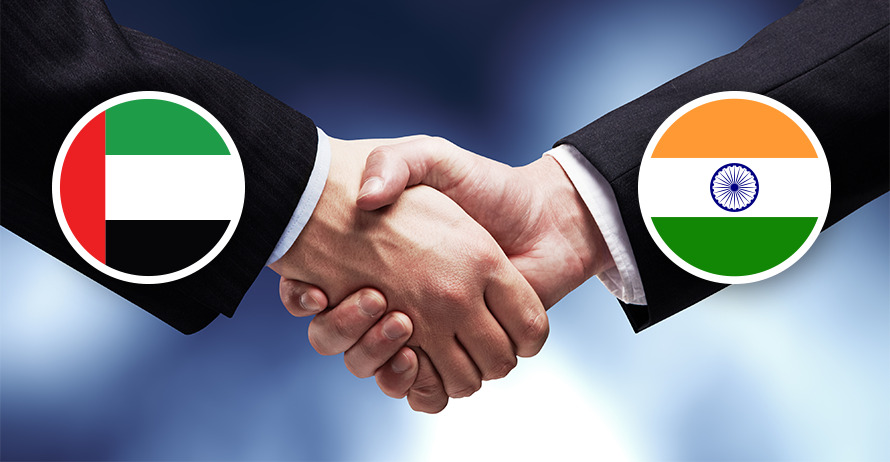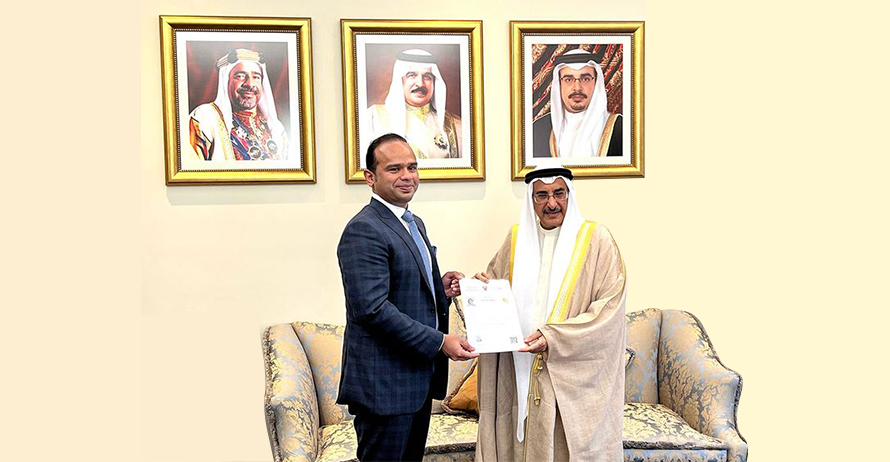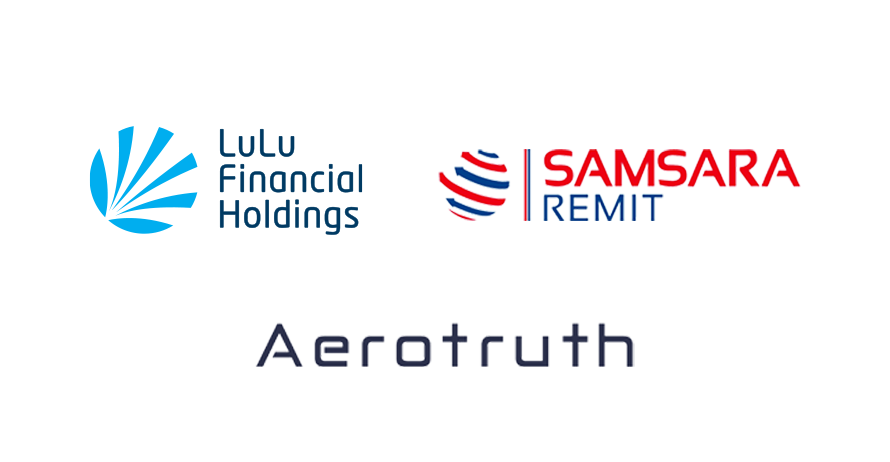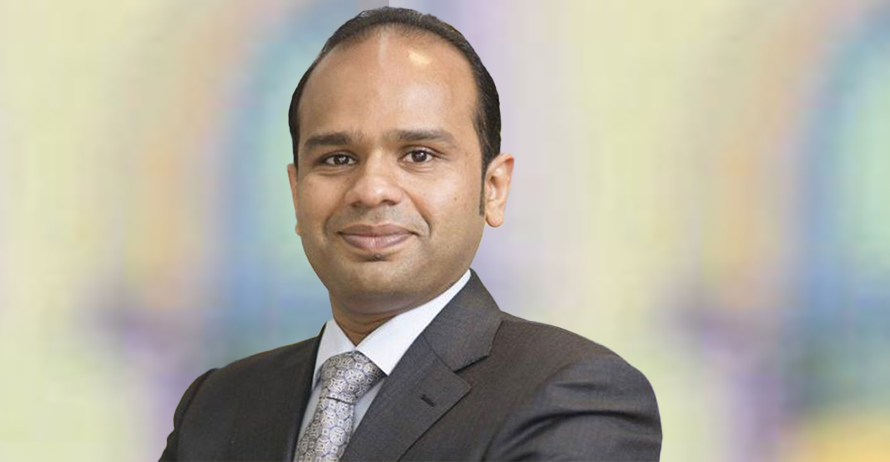The meetings between an Emirati delegation, led by Abdullah bin Touq Al Marri, Minister of Economy, and the Indian business community began yesterday in India, with a series of interactive sessions. The meetings addressed promising investment opportunities across various strategic sectors in both countries under the framework of the UAE-India Comprehensive Economic Partnership Agreement (CEPA), as well as briefs on the features and services offered to the business community under the agreement.
The meetings on the first day saw the participation of Dr. Ahmad Belhoul Al Falasi, Minister of State for Entrepreneurship and SMEs; Dr. Ahmed Abdulrahman Al Banna, UAE Ambassador to India; Juma Mohammed Al Kait, Assistant Under-Secretary for Foreign Trade Affairs at the Ministry of Economy; Faisal Al Hammadi, Acting Assistant Under-Secretary for Entrepreneurship and SMEs; and several Emirati business leaders.
The meetings were also attended by Sunjay Sudhir, Ambassador of India to the UAE; Yusuff Ali, Chairman and Managing Director of LuLu Group; Rajan Navani, Chairman of the Confederation of Indian Industry, and a large group of Indian business leaders and investors.
Al Marri said that the CEPA between the two countries had crowned their deep-rooted strategic relations, which are supported by their leaderships, stressing that the prompt drafting and enactment of the 800-page CEPA agreement underscores their countries’ keenness to enhance their partnership for the good of their peoples.
The Emirati delegation visited India to elaborate on the facets of such an important agreement, which is drafted with a flexible framework that provides for future amendments, if needed, as well as to highlight key investment and trade opportunities in both countries, he added, noting that future areas of cooperation include the digital economy and intellectual property.
In a statement to the Emirates News Agency (WAM), Dr. Al Falasi said the UAE delegation’s visit to India aims to present investment opportunities and enable small and medium-sized enterprises (SMEs) and startups in both countries to optimally leverage facilities offered through the CEPA. He affirmed that SMEs are the backbone of the global economy, as the ministry is working on ensuring the growth of SMEs to reduce their dependence on regional exports and enable them to expand in Asia through India, which will drive business in both countries and open global markets for such companies.
For his part, Ambassador Al Banna said, “The CEPA between UAE and India has opened new avenues and opportunities for both the countries. It has the potential to unleash a golden era in our bilateral relations. We concluded CEPA in record 88 days, which reflects the immense desire from both sides to exploit opportunities and benefit the economies of our countries in many sectors. I have every hope that the CEPA will do wonders to deal with unemployment and enhance trade, investment, manufacturing and services.”
Speaking to WAM, Sudhir said that the second visit of His Highness Sheikh Mohamed bin Zayed Al Nahyan, Crown Prince of Abu Dhabi and Deputy Supreme Commander of the UAE Armed Forces, to India in 2017 saw the signing of 17 agreements between the two countries.
The Indian Ambassador explained that their main goal is to boost the value of bilateral trade to US$100 billion in the next five years, and expressed his confidence of its achievability.
Yusuff Ali said, “As a UAE-based business group with a large presence in India, especially in the retail and food processing sectors, we hope that our imports from India will witness new levels of growth.”
Adeeb Ahmed, Managing Director of LuLu International Exchange, said the CEPA would help expand the avenues of digital trade and enhance trade regulations between the two countries, noting that its framework will further boost consumer confidence in digital trade, which will drive the sector and accelerate digital transformation across the global economy.
The UAE delegation includes representatives of government and private entities, including the Ministry of Economy, the Ministry of Foreign Affairs and International Cooperation, the Ministry of Industry and Advanced Technology, the General Civil Aviation Authority, the Abu Dhabi Department of Economic Development, the Abu Dhabi Chamber of Commerce and Industry, Dubai’s Department of Economy and Tourism, Dubai Multi Commodities Centre, the Sharjah Investment and Development Authority (Shurooq), Sharjah FDI Office, the Sharjah Chamber of Commerce and Industry, the Jebel Ali Free Zone (Jafza), the Ras Al Khaimah Economic Zone (RAKEZ), the Department of Economic Development in Fujairah, the UAE International Investors Council, Abu Dhabi Ports Group, Masdar, DP World, Wizz Air Abu Dhabi, flydubai, Lulu Group International, Sharaf Group, Kanoo Group, Silal Company, and others.











